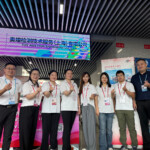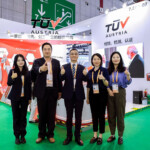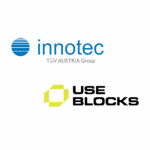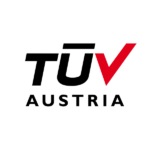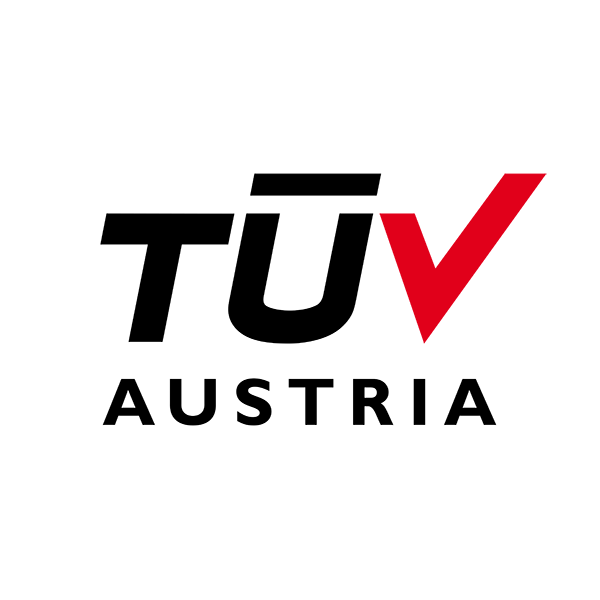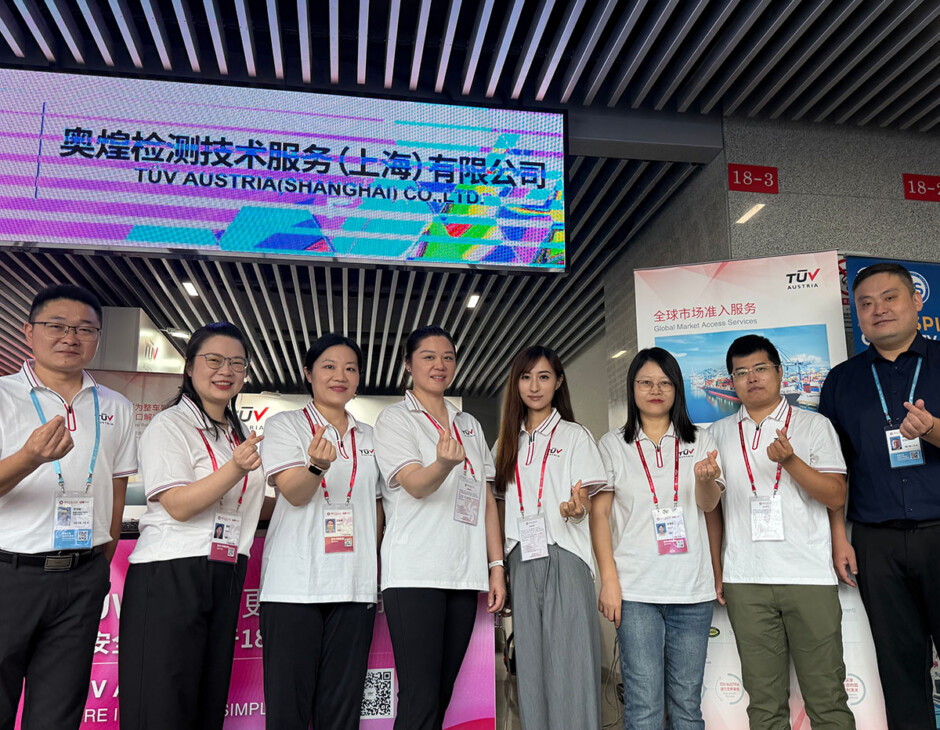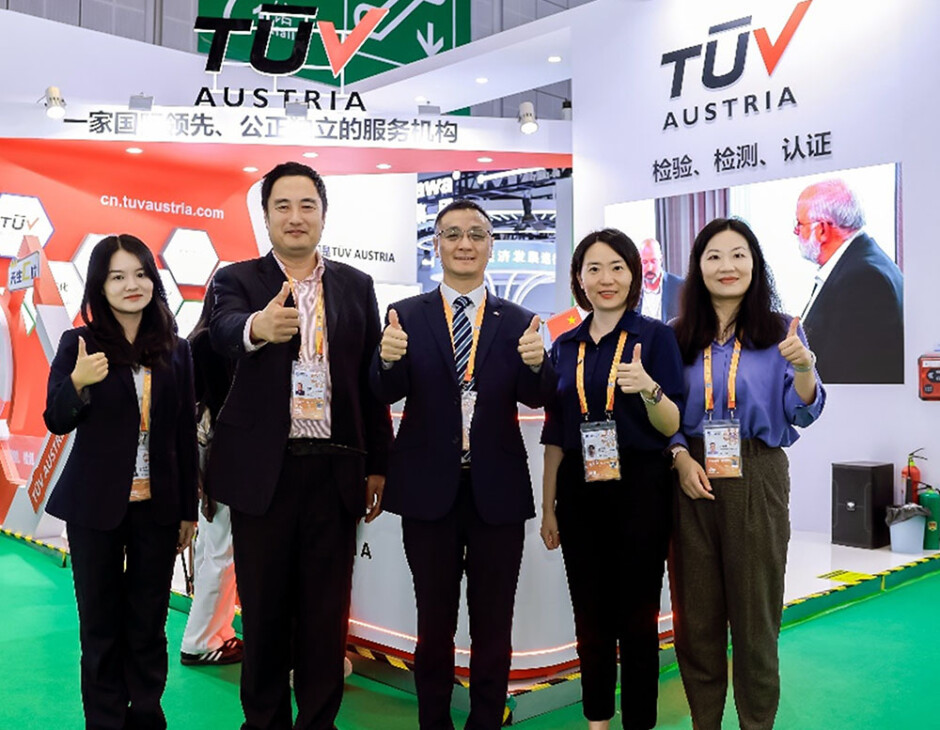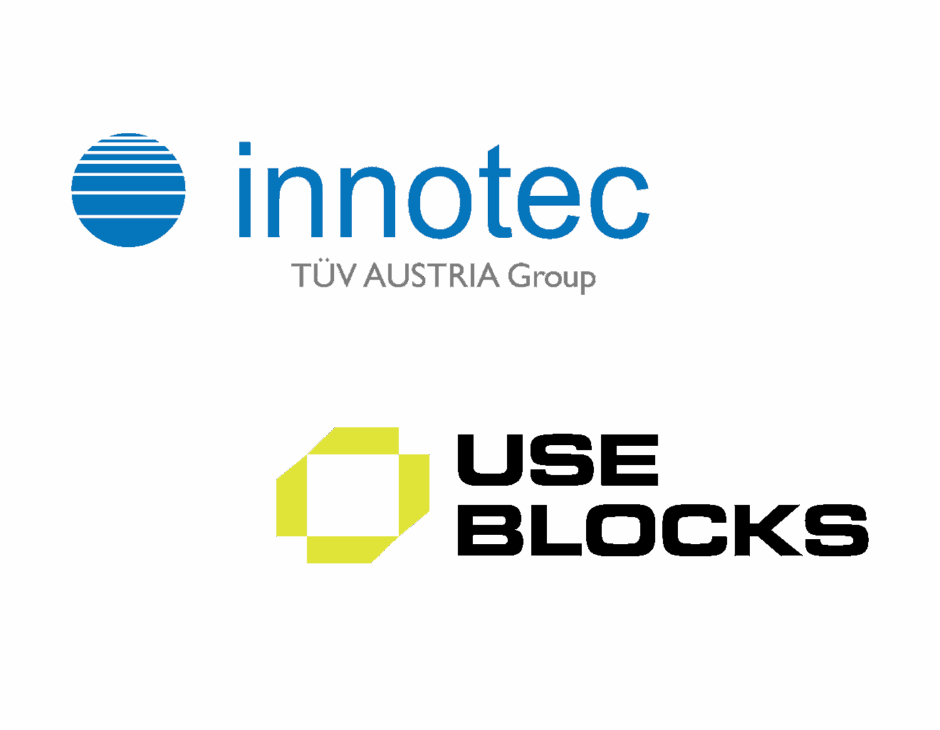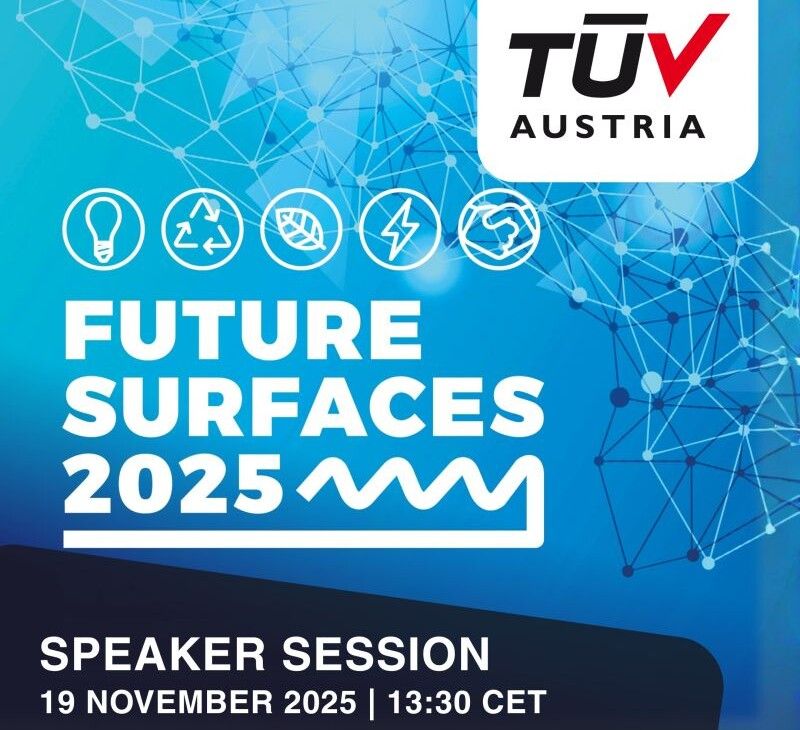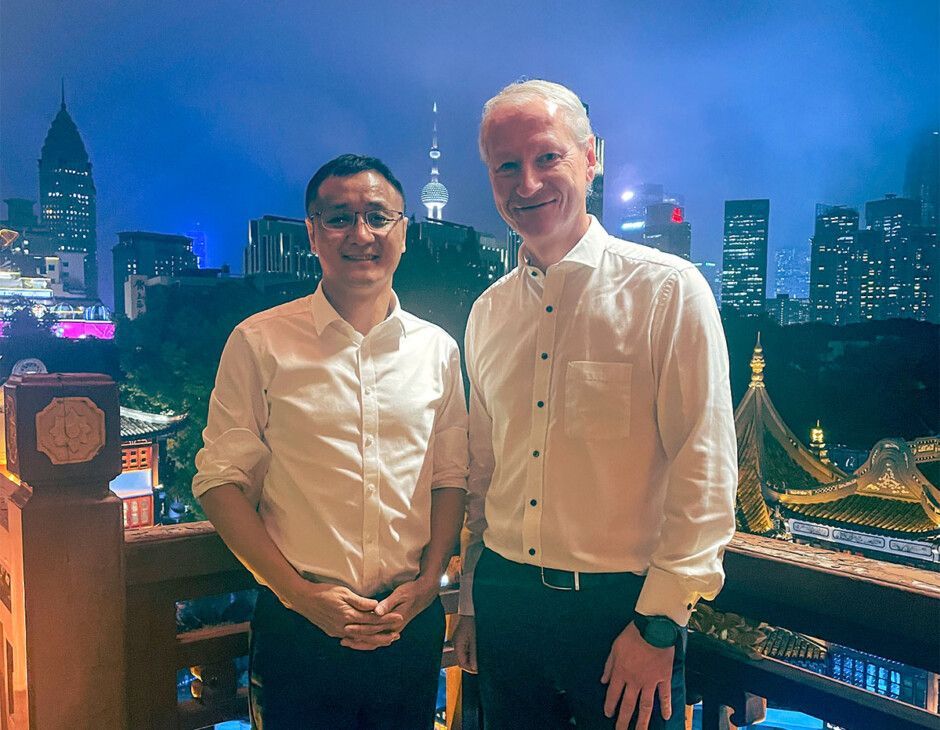On 22 February 2024, IAF and the International Organization for Standardization (ISO) published a joint communiqué to highlight the publication of Climate Action Amendments to new and existing ISO management systems standards, in support of the ISO London Declaration.
The intent is to ensure that Climate Change issues are considered by the organization in the context of the effectiveness of the management system, in addition to all other issues. These additional statements in each management system standard are ensuring that this important topic is not overlooked but considered by all organizations in the design and implementation of the management system.
Amendments are applicable to all management system standards (see list below) and are specified in chapters 4.1 and 4.2 of the HLS, as follows:
Chapter 4.1: ‘The organization shall determine whether climate change is a relevant issue’.
Chapter 4.2: “Note: Relevant interested parties can have requirements related to climate change”.
What is expected to be considered within the management system content?
Climate Change, along with other issues, must be determined as relevant or not and if so, considered within an evaluation of risk, within the scope of the applied management systems standards, accordingly. The intention is to ensure that Climate Change issues are considered by the organization in the context of the effectiveness of the management system, in addition to all other issues.
Are there changes regarding existing certificate(s)?
No new or revised certificate is required to be issued considering that:
- The publication year of each management system standard will not change.
- There is no change in the scope of application for the certified management system.
- There is no significant impact on the effectiveness of the certified management system.
- The method and actions that certified organizations will eventually enter into, due to the new requirement, will resemble methods and actions they would apply in the case of future changes in any other contextual issue they already address within the scope of the management system.
What evidence will be assessed during the audit and what does it mean for a customer or an auditor?
A risk evaluated data/information or any input to the existing context and interested parties description relevant to climate change shall be introduced appropriately in the existing management system. Compliance and relevance to the audited standard will be a subject assessed by the auditor. Provided input from the client will be evaluated accordingly by the Audit Team.
Source: “IAF and ISO Publish Joint Communiqué”, 23 February 2024.
Contact details:
Dipl.-Ing. Elisabeth Pichler (Technical Manager Management System Certification Body Region Austria)
elisabeth.pichler@tuvaustria.com, +43664604546258
List of applicable standards:
| ISO 9001:2015 | Quality management systems — Requirements | |
| ISO 14001:2015 | Environmental management systems — Requirements with guidance for use | |
| ISO 45001:2018 | Occupational health and safety management systems — Requirements with guidance for use | |
| ISO 50001:2018 | Energy management systems — Requirements with guidance for use | |
| ISO 22000:2018 | Food safety management systems — Requirements for any organization in the food chain | |
| ISO/IEC 27001:2022 | Information security, cybersecurity and privacy protection — Information security management systems — Requirements | |
| ISO 22301:2019 | Security and resilience — Business continuity management systems — Requirements | |
| ISO 39001:2012 | Road traffic safety (RTS) management systems — Requirements with guidance for use | |
| ISO 37101:2016 | Sustainable development in communities — Management system for sustainable development — Requirements with guidance for use | |
| ISO/IEC 20000-1:2018 | Information technology — Service management — Part 1: Service management system requirements | |
| ISO 37301:2021 | Compliance management systems — Requirements with guidance for use | |
| ISO 14298:2021 | Graphic technology — Management of security printing processes | |
| ISO 16000-40:2019 | Indoor air — Part 40: Indoor air quality management system | |
| ISO 22163:2023 | Railway applications — Railway quality management system — ISO 9001:2015 and specific requirements for application in the railway sector | |
| ISO 28000:2022 | Security and resilience — Security management systems — Requirements | |
| ISO 29001:2020 | Petroleum, petrochemical and natural gas industries — Sector-specific quality management systems — Requirements for product and service supply organizations | |
| ISO 30301:2019 | Information and documentation — Management systems for records — Requirements | |
| ISO 34101-1:2019 | Sustainable and traceable cocoa — Part 1: Requirements for cocoa sustainability management systems | |
| ISO 35001:2019 | Biorisk management for laboratories and other related organisations | |
| ISO 46001:2019 | Water efficiency management systems — Requirements with guidance for use | |
| ISO 21401:2018 | Tourism and related services — Sustainability management system for accommodation establishments — Requirements | |
| ISO 30401:2018 | Knowledge management systems — Requirements | |
| ISO 19443:2018 | Quality management systems — Specific requirements for the application of ISO 9001:2015 by organizations in the supply chain of the nuclear energy sector supplying products and services important to nuclear safety (ITNS) | |
| ISO/IEC 19770-1:2017 | Information technology — IT asset management — Part 1: IT asset management systems — Requirements | |
| ISO 21001:2018 | Educational organizations — Management systems for educational organizations — Requirements with guidance for use | |
| ISO 37001:2016 | Anti-bribery management systems — Requirements with guidance for use | |
| ISO 41001:2018 | Facility management — Management systems — Requirements with guidance for use | |
| ISO 44001:2017 | Collaborative business relationship management systems — Requirements and framework | |
| ISO 15378:2017 | Primary packaging materials for medicinal products — Particular requirements for the application of ISO 9001:2015, with reference to good manufacturing practice (GMP) | |
| ISO 18788:2015 | Management system for private security operations — Requirements with guidance for use | |
| ISO 21101:2014 | Adventure tourism — Safety management systems — Requirements | |
China Import and Export Fair
TÜV AUSTRIA at the 138th Canton Fair
Showcase of International TIC Solutions
中国进出口商品交易会(广交会)是中国规模最大、最具影响力的贸易盛会之一。第138届广交会汇聚了全球顶尖供应商与采购商。该展会以涵盖机械、家居用品及消费电子等多领域尖端技术与产品而闻名,2025年广交会还为TÜV奥地利的综合解决方案提供了展示平台。
The Annual Canton Fair ranks as one of China’s largest and most influential trade events. Its 138th edition brought together top-tier suppliers and buyers from around the world. Renowned for attracting cutting-edge technologies and products from diverse sectors, including machinery, home goods, and consumer electronics, the 2025 Annual Canton Fair also set the stage for TÜV AUSTRIA´s integrated portfolio.
China International Import Expo 2025
TÜV AUSTRIA welcomes record-attendance
at the 8th CIIE
The 8th China International Import Expo (CIIE8) underscores China´s commitment to global trade. TÜV AUSTRIA was once again among the nearly 4,000 exhibitors to leave its brand on global markets.
innotec GmbH – TÜV AUSTRIA Group
innotec & useblocks
Strategic partnership strengthens Safety Lifecycle
innotec is pleased to announce a new strategic partnership with useblocks, a company specialized in software engineering, traceability management, and documentation solutions around Sphinx and Sphinx-Needs open-source tools.
Surface treatment, materials and coatings: Future Surfaces 2025
Future Surfaces 2025
with TÜV AUSTRIA Belgium
TÜV AUSTRIA Belgium will be present at Future Surfaces 2025, the key event for innovations in surface treatment, materials and coatings.
Trade, technological advancement, sustainability
TÜV AUSTRIA in China
Connecting cultures, driving innovation
From Beijing to Shanghai, Dr. Stefan Haas´ recent business trip to China showcased TÜV AUSTRIA’s pivotal role in connecting industries, governments, and cultures.
Artificial Intelligence (AI)
Why AI projects fail
Many AI projects fail to realize their potential
With the TRUSTED AI approach, TÜV AUSTRIA has developed a best-practice process that enables companies to set up AI projects correctly from the outset and implement them successfully.
